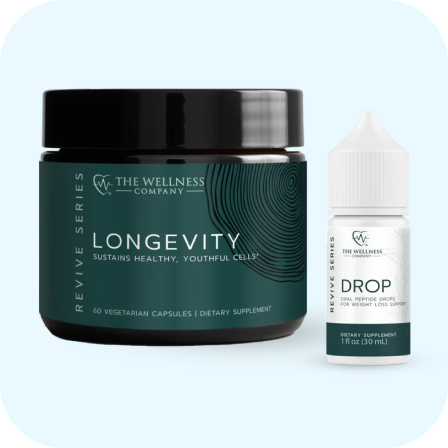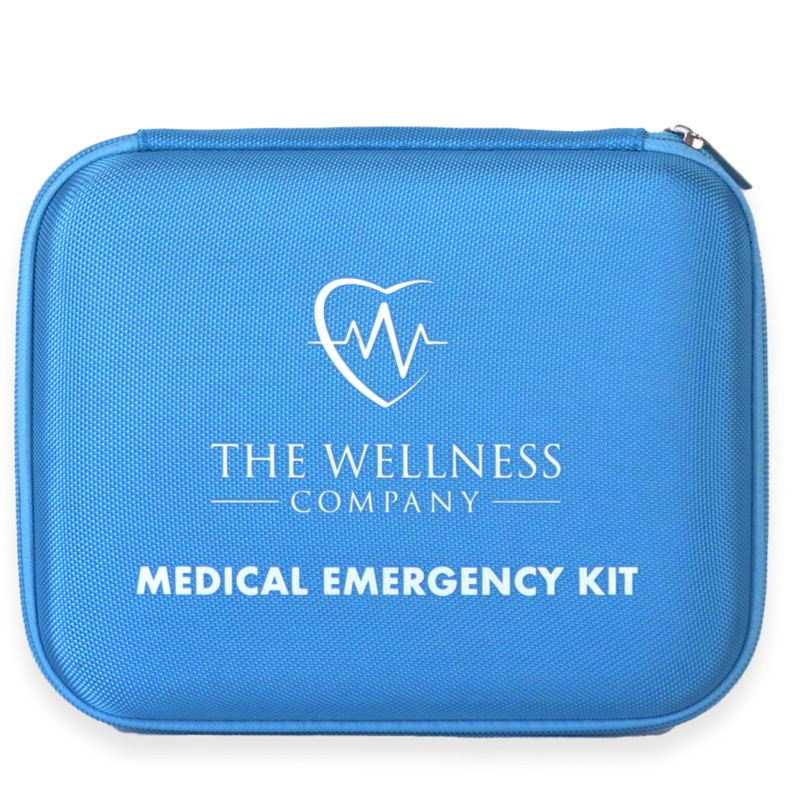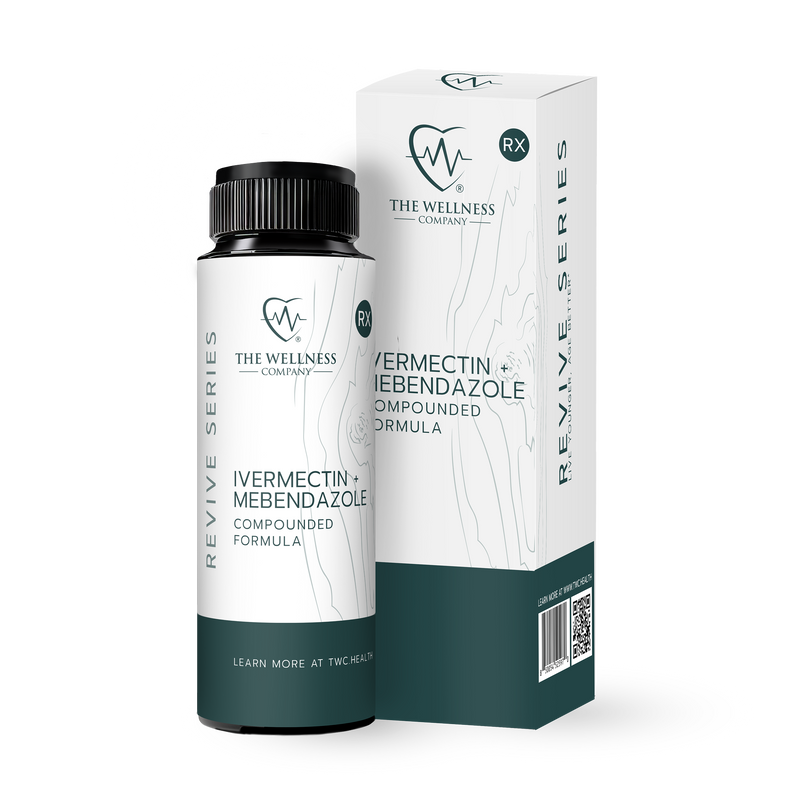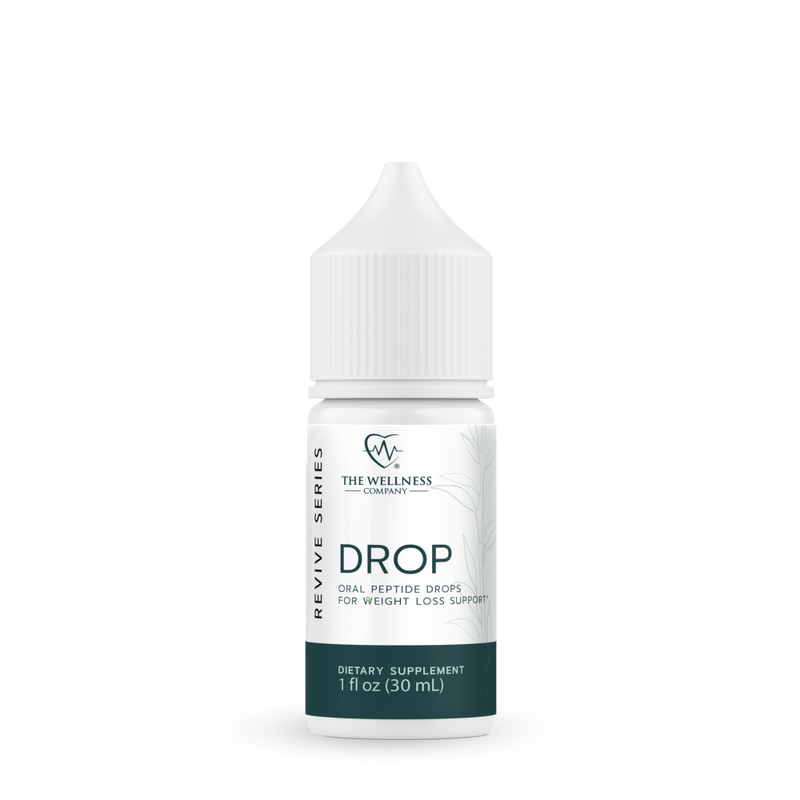Peptides: Nature’s Multifunctional Molecules

What is a peptide?
Is it a protein? A hormone? Or? What role does it play in human health?
Do our bodies manufacture them naturally, or do they come from our food?
In this series of articles we will delve into the multifaceted world of peptides.
To begin with, what are peptides?
A peptide is a short string of 2 to 50 amino acids. Smaller than proteins, they play critical roles in nearly every biological process, from hormone regulation to immune defense. Their compact size allows them to act as efficient signaling molecules, binding to specific receptors to trigger cellular responses. Peptides are synthesized naturally in the body but can also be derived from food, supplements, or designed synthetically for therapeutic use.
Research highlights their potential in treating conditions like diabetes, high blood pressure, infections, and even in weight control. Their ability to modulate inflammation, support tissue repair, and enhance cognitive function is no less than amazing. (1,2,3)
How the Body Uses Peptides
Hormonal Regulation
Peptides serve as hormones, coordinating communication between organs and tissues:
- Insulin: Made by beta cells in the pancreas and regulates blood glucose by facilitating cellular glucose uptake into cells. (1,3)
- Oxytocin: Drives uterine contractions during childbirth and promotes social bonding and trust. (1,3)
- Glucagon: Counteracts insulin by stimulating glucose release from the liver during fasting. (3)
- GLP1R: Found on beta cells of the pancreas and neurons of the brain, involved in regulating blood sugar levels by enhancing insulin secretion. (4)
- ADH (Antidiuretic hormone): Vital in fluid regulation; high levels due to dehydration may be linked to depression. (5)
Immune Defense
Antimicrobial peptides (AMPs) are frontline defenders against pathogens:
- Defensins: Disrupt bacterial membranes, neutralizing infections. (6)
- Cathelicidins: Target viruses and fungi while modulating immune cell activity. (6)
Neurological Function
Neuropeptides influence brain activity and behavior:
- Endorphins: Reduce pain perception and induce euphoria during stress or exercise. (5,6)
- Substance P: Transmits pain signals and mediates inflammatory responses. (5)
Metabolic, Cardiovascular Health — and More
Peptides maintain energy balance and vascular function:
- Leptin: Regulates appetite and fat storage by signaling satiety to the brain. (6)
- Natriuretic peptides (ANP, BNP, CNP): Lower blood pressure, reduce ventricular fibrosis, and stimulate long bone growth via sodium excretion and vasodilation. (7)
Dietary and Therapeutic Peptides
Exogenous peptides from food or supplements offer health benefits:
- ACE-inhibitory peptides: Found in dairy and soy; reduce blood pressure by blocking angiotensin-converting enzyme (ACE). (8,9)
- Glutathione: A tripeptide antioxidant from plants and animal sources that neutralizes free radicals and supports detoxification. (9)
Future Directions
Advances in peptide engineering, such as stabilized cyclic peptides or lipid-conjugated variants, are enhancing their drug potential. For example, GLP-1 agonists like semaglutide mimic natural peptides to treat diabetes and obesity. Meanwhile, bioactive peptides in functional foods are gaining traction for their anti-inflammatory and anti-aging properties.
Citations
- Wang, Y., et al. (2022). Therapeutic peptides: current applications and future directions. Signal Transduction and Targeted Therapy, 7, 48. https://doi.org/10.1038/s41392-022-00904-4
- WebMD. (2024). What are peptides? https://www.webmd.com/a-to-z-guides/what-are-peptides
- American Journal of Pharmacology and Pharmacotherapeutics. (2023). Functions, types of peptides and their role in research and medicine. AJPP, 10(2), 45-52.
- Kupcova I, et al. (2022). Anxiety and Depression: What Do We Know of Neuropeptides? Behav Sci (Basel), 12(8):262. https://doi.org/10.3390/bs12080262
- Food Quality and Safety. (2017). Bioactive peptides: A review. FQS, 1(1), 29-41. https://academic.oup.com/fqs/article/1/1/29/4791729
- Ali M, et al. (2024). A peptide derived from the amino terminus of leptin improves glucose metabolism. J Biol Chem, 300(12):107919. https://doi.org/10.1016/j.jbc.2024.107919
- Potter LR, et al. (2009). Natriuretic peptides: their structures, receptors, physiologic functions. Handb Exp Pharmacol. https://pubmed.ncbi.nlm.nih.gov/19089336
- Wang J, et al. (2022). Exogenous Bioactive Peptides Have a Potential Therapeutic Role in Delaying Aging. Int J Mol Sci, 23(3):1421. https://doi.org/10.3390/ijms23031421
- Wikipedia. (2024). Peptide. https://en.wikipedia.org/wiki/Peptide
- Bachem. (2025). What are peptides? https://www.bachem.com/articles/peptides/what-are-peptides/
Written By Brooke Lounsbury






















